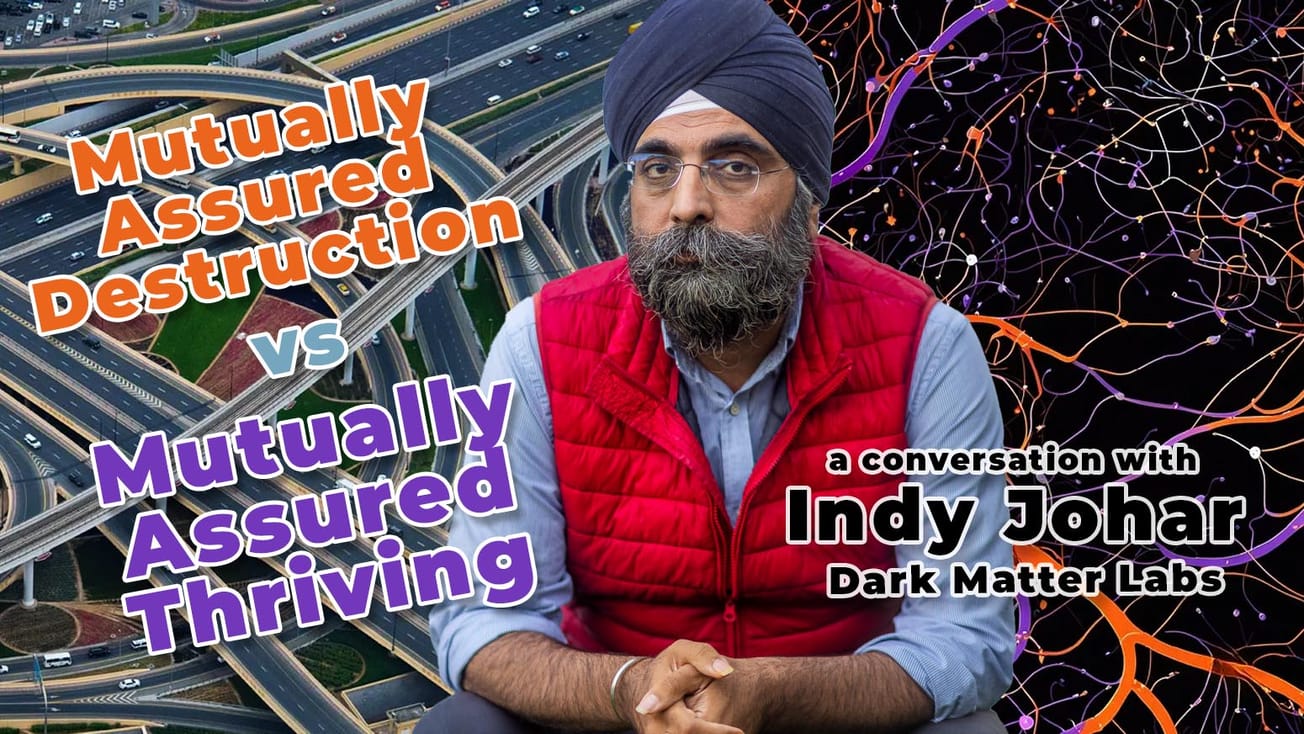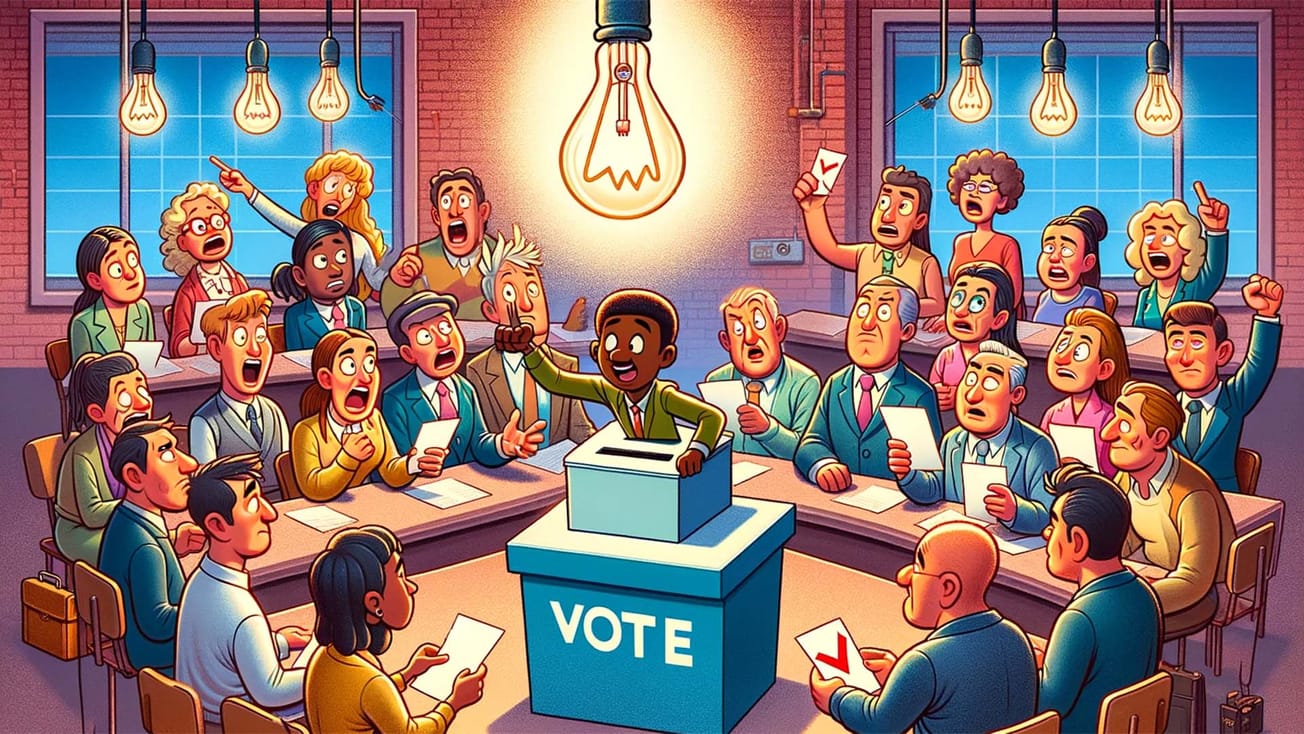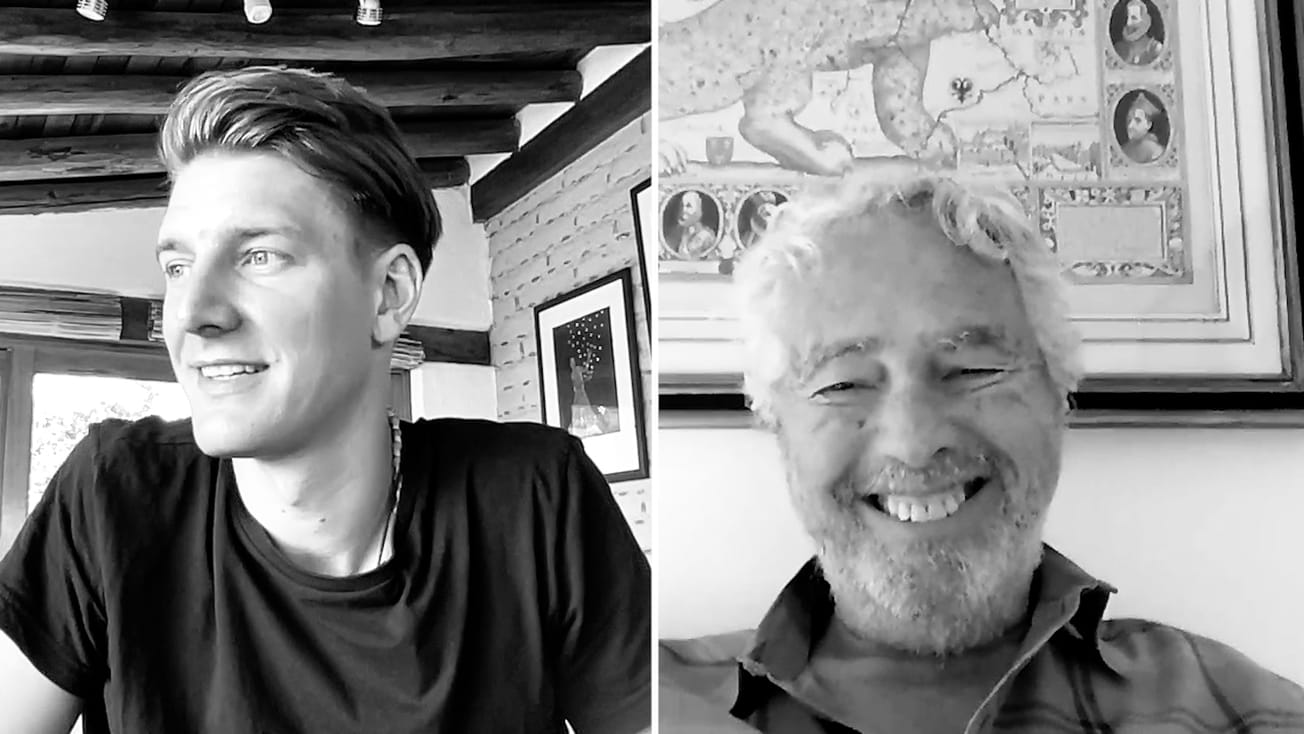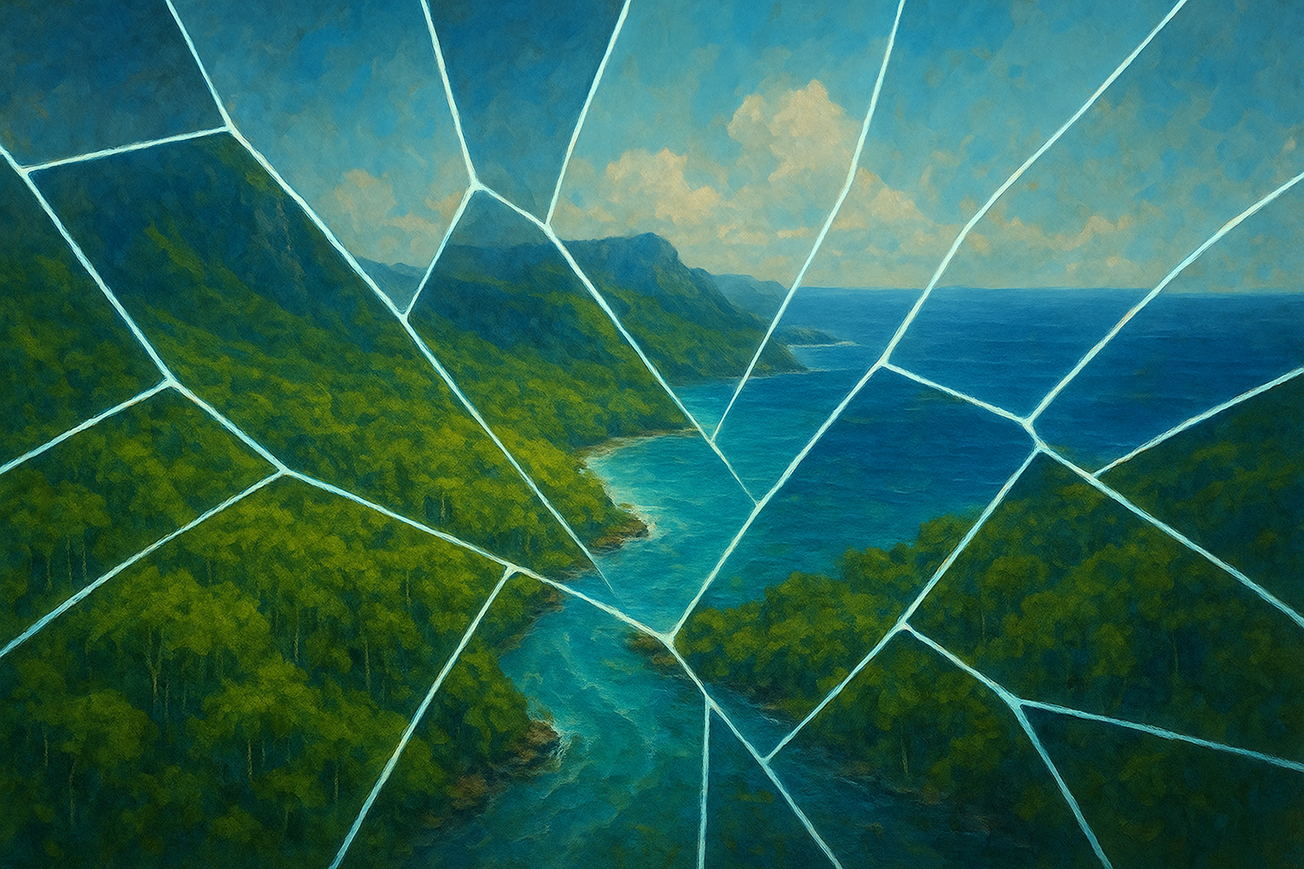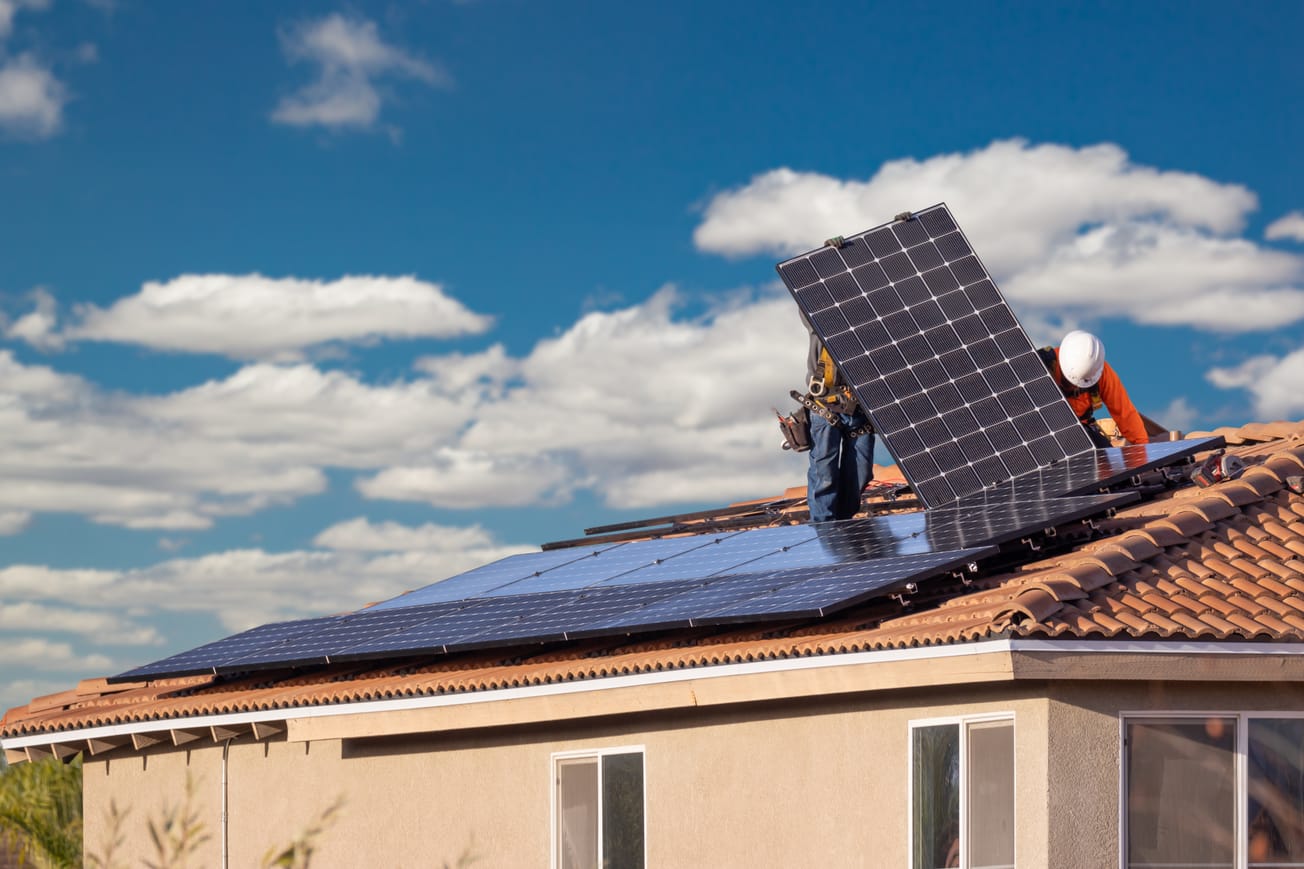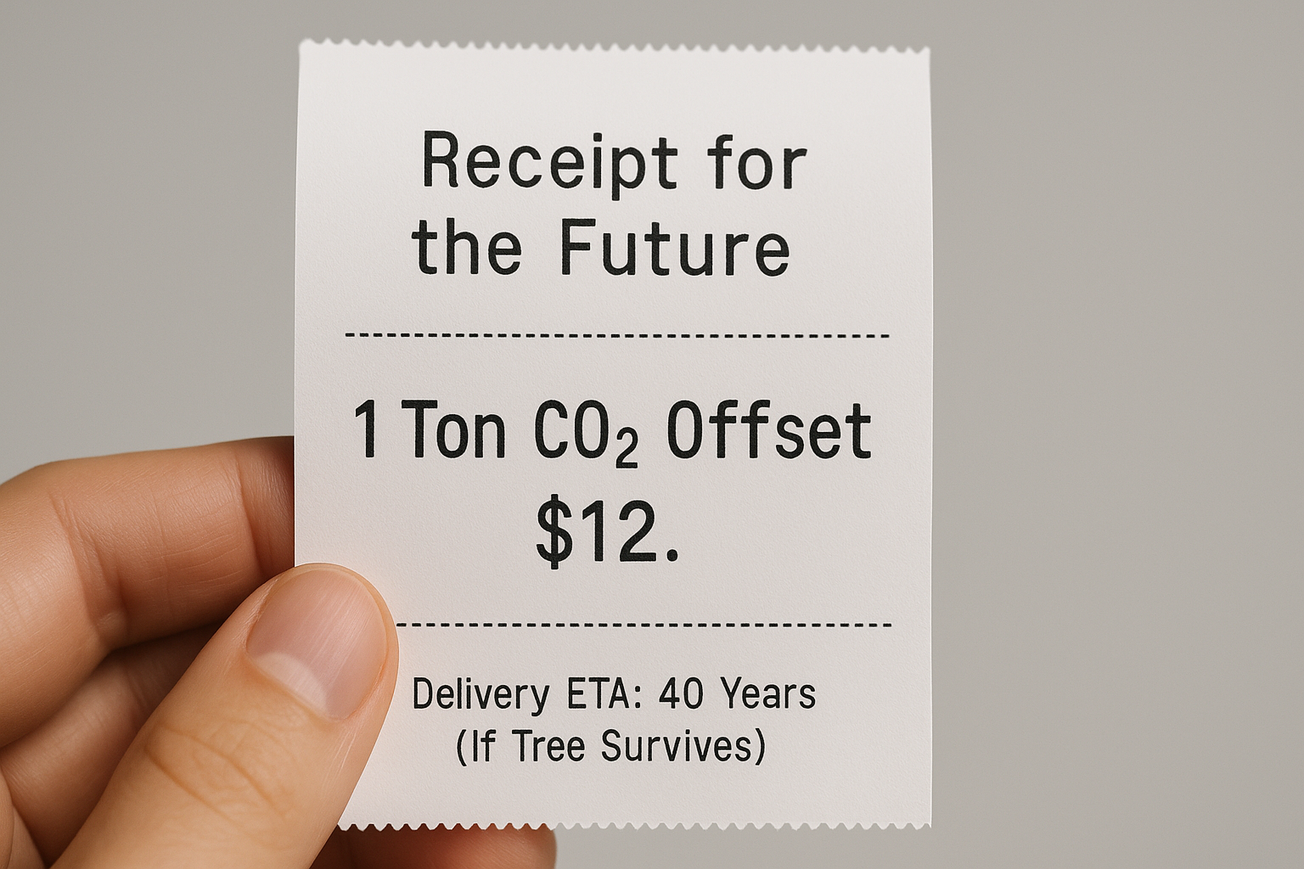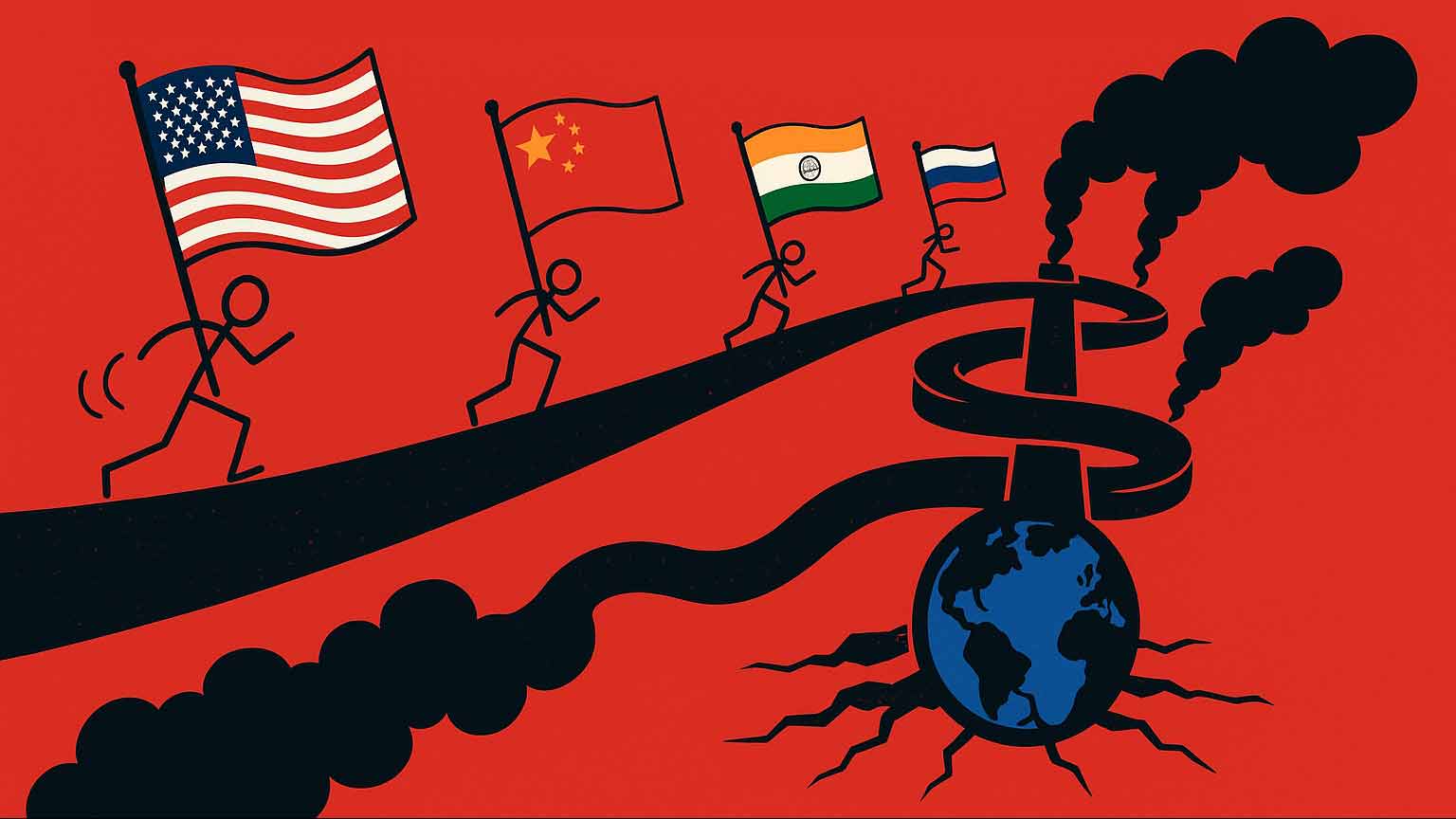The letter was full of good advice that she needed to take herself. She began to listen.
A former public health professional, Jacqueline used her behavioral science background to study burnout in the workplace, as well as three other types of burnout: caregiver burnout, emotional burnout and parental burnout, noting that working moms make up the largest group to experience this unwelcome phenomenon.
Jacqueline is now on a mission to prevent burnout in other working moms and to change the narrative that burnout is an individual problem. She writes that It is a systemic problem that needs strategic multi level solutions. Burnout solutions can impact wellness, leadership development, and diversity, equity and inclusion programs at the individual, team and organizational levels, creating a more supportive workplace culture for all. In her TEDx talk, “How to Stop Burnout Before it Starts”, Jacqueline described burnout as being like creating a layered Baked Alaska dessert. Each layer represents steps to take at each layer from bottom, Individual, to the top, societal, for burnout prevention. At the organizational level, how do the policies, procedures, and the culture that empowers people to be more productive and avoid burnout? Leaders should focus on solutions that include employees in the organizational processes, solutions and decisions and use their feedback to take action to get rid of old systems that are not working, or create new systems.
Tune into this episode of Green Planet Blue Planet with Jacqueline and host Julian Guderley on Better Worlds to hear more about how to avoid burnout, how to get out of it and how to change organizations and familial structures through behavioral sciences. If you know someone hurtling toward burnout, or someone who is already there, send this episode to them, share it from the Better Worlds YouTube channel. Subscribe, let us know what you think about our shows, and visit the betterworlds.com platform for more engaging content from scientists and community builders on Web3 technology, regenerative living, the ethics of AI and more.
About Dr. Jacqueline Kerr
Founder of Leading Real Change, Dr. Jacqueline Kerr is a workplace culture change expert who left her job in public health after herself experiencing severe burnout. She has been empowering leaders to change schools, neighborhoods, workplaces, healthcare, and government policy for over two decades. Her research has changed how we intervene and advocate for healthy environments and how impact is measured. She is the head of Behavior Science for the Huuman Group, a TedX and keynote speaker on the systemic and structural inequalities that create burnout, and how to prevent it by equipping leaders with evidence-based solutions for improving workplace cultures. She published a habit guide to help people be more successful in starting new habits.
#burnout #mentalhealth #beatburnout #preventburnout #workingmoms #jobburnout #workplace #habits #behaviorialscience #hr #leadership #organizationaldevelopment #inclusion #culturechange



